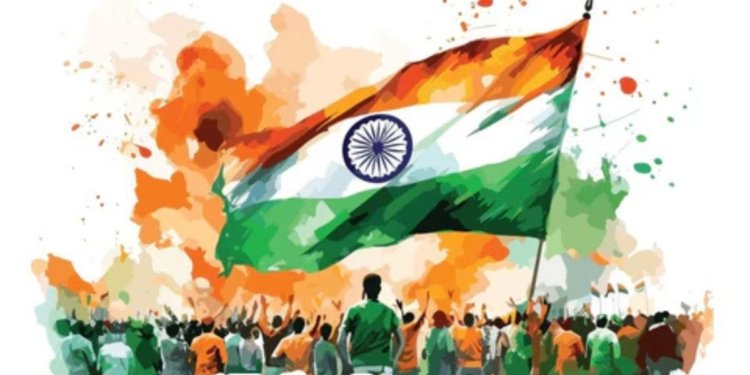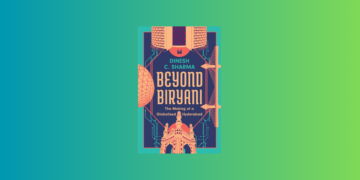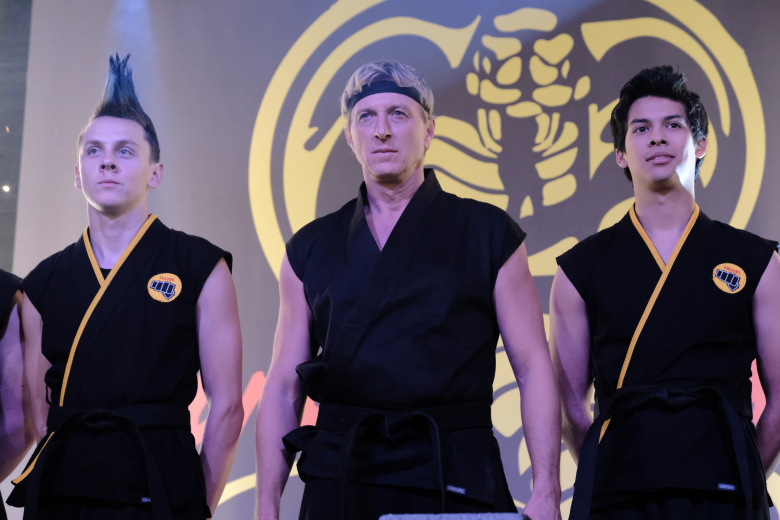On August 15th and 16th, the Pro Kabaddi League (PKL) will hold its Season 11 auction. This event marks a significant milestone in the evolution of a sport that has transitioned from playing on mud fields to professional mats, growing from a local pastime to a national and international spectacle. Kabaddi, the state sport of many Indian states—ranging from Haryana, the heartland of Indian sports, to Tamil Nadu, where the game is believed to have originated—holds a special place in India’s sporting culture. It’s also the national game of Bangladesh. With the auction coinciding with India’s Independence Day, it’s impossible not to reflect on the one element that ties this sport to the nation’s struggle for freedom: resilience.
Kabaddi is captivating to watch, not just for the physicality but for the intense competition and the way the tide can turn in minutes through super raids and strong tackles. A team trailing behind can suddenly bounce back to take the lead. The underdog can surprise everyone, while a team expected to dominate might struggle against a seemingly weaker opponent. But these dramatic shifts don’t happen by chance; they result from a team’s resilience—the refusal to give up, no matter the odds, and the determination to face down any opponent.
The struggle for India’s independence is a powerful example of resilience. Just as a Kabaddi team must be unyielding in the face of a stronger opponent, the Indian freedom fighters stood firm against the British Empire, which seemed invincible at the time. Despite numerous setbacks, they persevered, never backing down, and ultimately won the freedom they deserved.
Resilience is the key to any battle in life—personal, professional, individual, or collective. India fought for independence, respect, equal rights, and freedom. These aspirations were achieved not merely because they were desired but because of the people’s sheer will, courage, mindset, and, above all, resilience.
In Kabaddi, once the team steps onto the mat, the focus is on winning. But victory doesn’t come just from wanting it; it comes from relentless effort and resilience. Even in defeat, a resilient team becomes hungrier to win and more determined to fight. Matches that hinge on the smallest margins of luck are the most thrilling to watch because they are contests where neither side has given up until the very end.
Not just in a match but through seasons, a team’s struggle can be seen. Teams that once struggled are now on their way to becoming champions or have won trophies. The parallel here is that the independence struggle was a big battle, but it also had many smaller battles, some won and some lost, to eventually reach the victory ground and win the trophy of freedom.
However, winning one trophy is never the end for a team; it continues to strive for more victories. Similarly, while India gained independence, the journey didn’t end there. Independence is an ongoing struggle—not just against external oppressors but also against the internal flaws and challenges we face as a nation. India still has a long way to go in overcoming many societal issues. We continue to fight for freedom from economic, political, social, and environmental challenges. Each new year, season, battle, and victory is a step forward in this ongoing journey.
In the sports arena and the fight for freedom, the journey is defined by resilience, determination, and the ability to overcome setbacks. Just as teams in Kabaddi grow more robust and rise to become champions through persistent effort and learning from each match, the struggle for independence was marked by perseverance through numerous challenges. The ultimate lesson is clear: true victory, whether in sports or life, is earned by those who refuse to give up, who learn from every loss, and who continue to fight until they achieve their goal. Resilience is not just a quality; it’s the foundation upon which all great victories are built.









